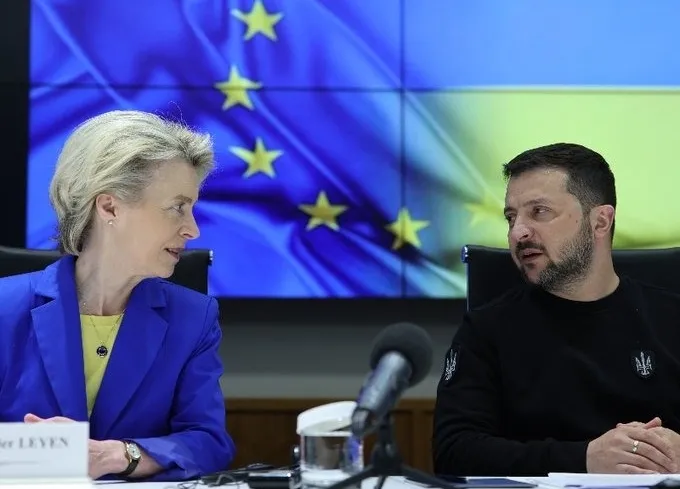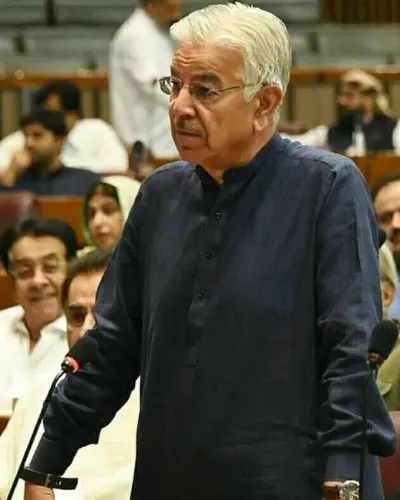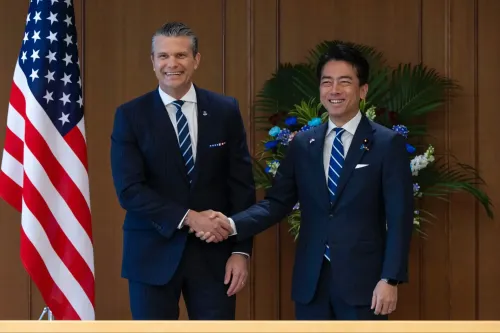Does Ukraine's EU Membership Align with Russia's Interests?

Synopsis
Key Takeaways
- Russia opposes Ukraine's EU membership due to concerns over militarisation.
- Hungary's resistance highlights internal EU divisions.
- The Treaty of Lisbon plays a crucial role in EU dynamics.
- Potential EU membership raises questions about regional stability.
- Expert opinions reflect the complexity of international relations.
Moscow, June 28 (NationPress) The prospect of Ukraine joining the European Union (EU) does not coincide with Russia's strategic interests, according to Vladislav Maslennikov, the Director of the European Problems Department at the Russian Foreign Ministry. He expressed these views on Saturday, highlighting the EU's shift towards militarisation and its countermeasures against Moscow.
Maslennikov stated, "I see no rationale for endorsing the idea of Ukraine's membership in the EU, especially as the bloc escalates its militarisation efforts, essentially aiming to oppose us, particularly concerning the Ukrainian crisis." This statement was reported by the Russian newspaper Izvestia.
He further emphasized the significance of the Treaty of Lisbon, which contains clauses that are as crucial as Article 5 of the NATO Washington Treaty on collective defense. As a result, he asserted that Ukraine's EU membership does not align with Russia's interests.
At a recent two-day EU summit in Brussels, Hungary obstructed the approval of a final statement regarding Ukraine by refusing to endorse the EU's collective statement of support for Kyiv.
The European Council's document condemned Russia's actions in Ukraine and advocated for a comprehensive and lasting peace. It also announced the initiation of negotiations for Kyiv's European integration, a move that Hungary has consistently opposed.
Hungarian Prime Minister Viktor Orban voiced his dissent regarding the decision to start Ukraine's EU accession process, citing concerns over the country's unclear borders, lack of a functioning economy, and absence of genuine sovereignty.
He argued that allowing a nation in the midst of military conflict into the EU would essentially provide a "carte blanche for an endless war," which EU taxpayers would be financially responsible for over the long term.
Orban remarked, "We cannot permit Ukraine to join the European Union, as this could draw us into hostilities that may extend onto EU territory," during a discussion on a public broadcasting radio station in Hungary.









